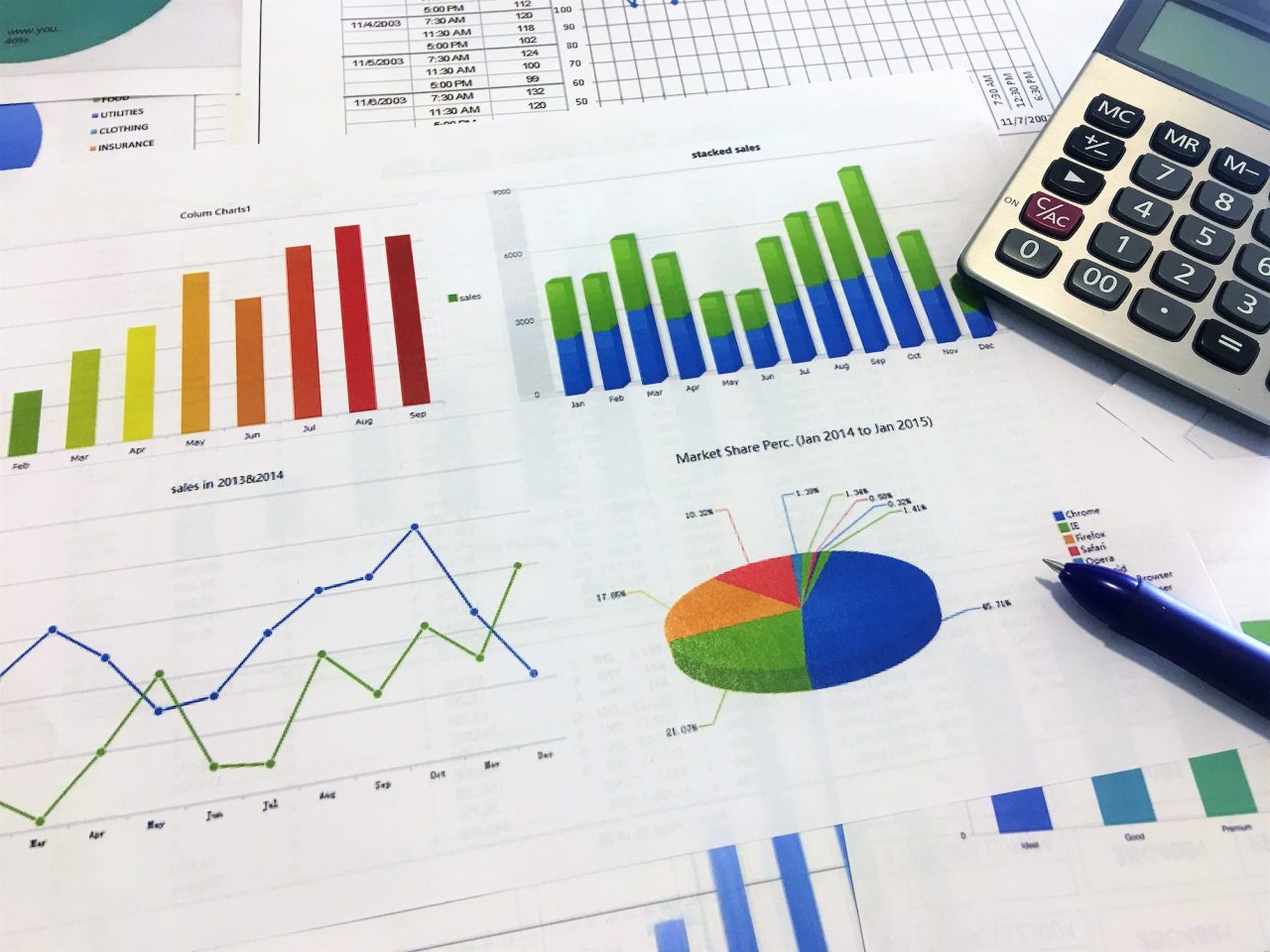Why PPC and SEO Work Better Together (Not in Isolation)
At Mithril Marketing Services, we elevate brands through tailored digital strategies. Read some of our thoughts on modern marketing in today's landscapes
Introduction
Too often, businesses treat PPC (pay-per-click) and SEO (search engine optimization) as separate silos — separate teams, separate budgets, and separate strategies. But the most successful marketing programs recognize that these two channels are not rivals. In fact, they’re more powerful when they work together.
This article explores why PPC and SEO are better when aligned, how they complement each other across the funnel, and what a unified strategy can look like for modern marketing service plans.
The Myth of PPC vs SEO
Some businesses assume they have to choose between SEO and PPC, especially when budgets are tight. This mindset can lead to an imbalanced strategy that either:
- Over-invests in paid ads and never builds long-term organic traction
- Focuses only on SEO and misses high-intent traffic opportunities
The reality is that both channels play distinct roles — and when used together, they make each other stronger.
How SEO and PPC Support Each Other
1. Shared Keyword Intelligence
PPC data gives you immediate feedback on which keywords convert. SEO takes longer, but offers long-term traction. When you use PPC insights to inform your SEO content strategy, you get a head start on high-value targets.
Likewise, organic performance can reveal low-cost opportunities for paid ad expansion.
2. Total SERP Coverage
Dominating both the paid and organic sections of a search results page increases trust, click-through rate, and brand recognition. This is especially important in competitive industries like legal, healthcare, and SaaS.
Example: Ranking #1 organically and running a Google Ads campaign for the same keyword can boost total traffic and crowd out competitors — even if some users skip the ad.
3. Funnel Completeness
PPC is excellent for bottom-of-funnel intent — immediate lead generation, product signups, or consultations. SEO excels at top and mid-funnel engagement — building awareness, trust, and authority.
Together, they form a comprehensive funnel strategy:
- SEO: Educates and nurtures
- PPC: Converts ready buyers
4. A/B Testing and Content Validation
PPC ad copy and landing pages can serve as real-time testing grounds. What headlines convert? What messaging resonates?
Use your PPC results to inform blog post titles, meta descriptions, and core SEO landing page copy. This ensures your organic content is aligned with user behavior — not just assumptions.
5. Smarter Retargeting with Organic Fuel
When SEO drives traffic, PPC can bring those visitors back. Retargeting audiences built from organic sessions are often more qualified than cold audiences, and they convert better when nurtured through remarketing funnels.
Real-World Example: Law Firm Marketing
Let’s say a personal injury law firm wants to grow leads. Here’s what a unified SEO and PPC strategy might look like:
- SEO: Publishes content targeting “what to do after a car accident” and builds authority pages around local injury law
- PPC: Runs ads on terms like “car accident lawyer near me” and uses local landing pages optimized for conversions
- Together: Users find helpful content via organic search, then are served targeted ads later when they’re ready to act
This layered approach consistently outperforms standalone campaigns.
How to Align PPC and SEO in a Marketing Service Plan
If your agency offers both SEO and PPC as part of a recurring service plan, here’s how to blend them for better outcomes:
- Unified keyword tracking: Share insights across teams or tools
- Collaborative landing pages: Build SEO-optimized pages that also serve as high-converting PPC destinations
- Cross-channel reporting: Don’t silo analytics — show how organic and paid work together
- Quarterly strategy syncs: Adjust budgets and focus areas based on what’s working in each channel
Conclusion
SEO and PPC should not compete — they should collaborate. When used together, they compound impact, accelerate results, and give your marketing strategy flexibility across the funnel.
Whether you’re managing your own campaigns or using a service plan, the best results come from integration, not isolation.


